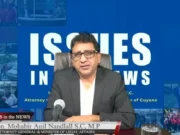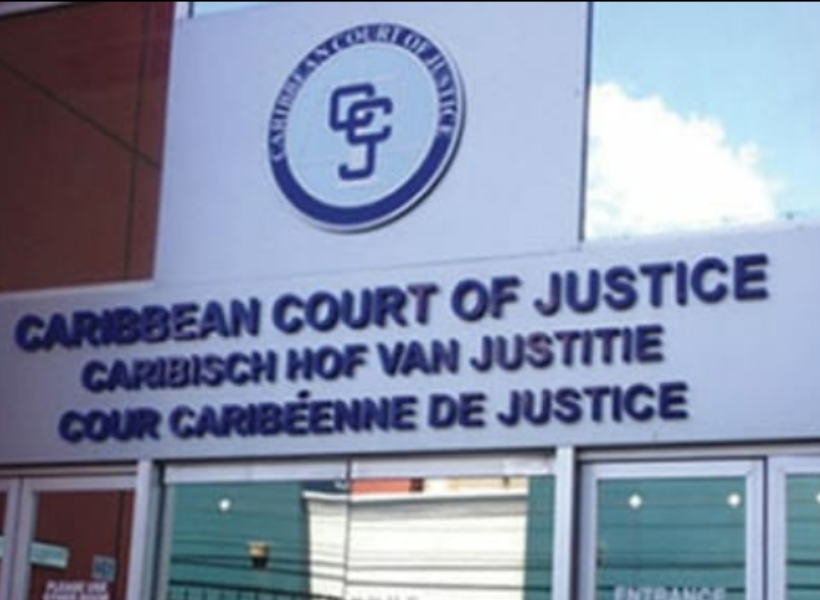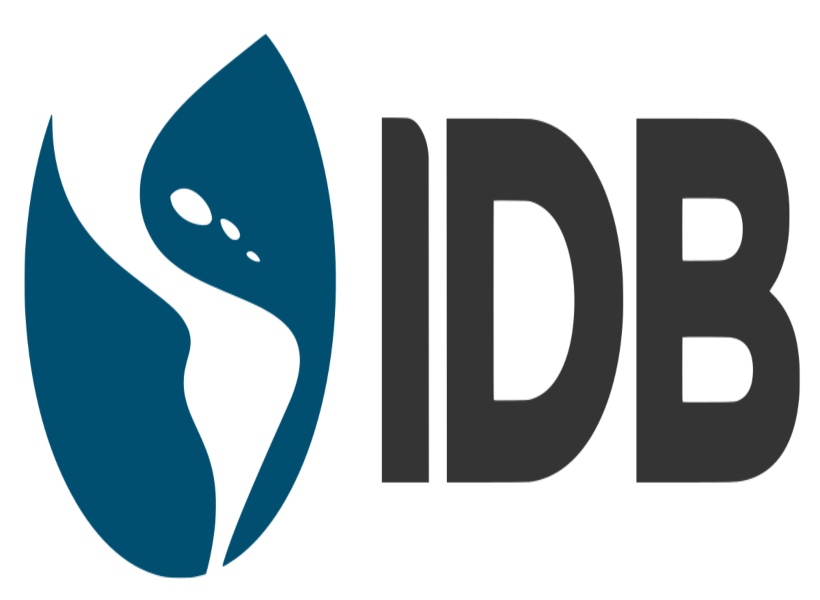Beyond the immediate need to improve the quality of life of Guyanese citizens for the medium term, the Inter-American Development Bank (IDB) holds the view that the Government of Guyana should consider designing a formula to work with the private sector and civil society to train workers for the petroleum sector.
In its latest report called “Traversing a slippery slope: Guyana’s Oil Opportunity,” it was noted by the financial institution that a push towards local content strives to ensure that a company is hiring local labour and procuring local goods and services from the host country. It was keen to note however, that the extractive industries traditionally functioned as enclaves that—when operating in developing countries—often bring staff, goods, and services from abroad, with limited spillover to the domestic private sector.
It was further noted that they also have an unusually high capital to labor ratio compared with other industries. The IDB said this means that they hire fewer employees per investment dollar than most businesses.
Though there may be very high expectations for the extraction site itself to employ many individuals, the bank said that the nature of the business is such to have few employees.
Taking this into account, the bank said that an important development in the Guyanese economy is the formation of the Guyana Oil and Gas Association (GOGA) which aims to protect, promote, and advance the responsible development of the oil and gas economy within Guyana. Given the small size of the existing civil service, and the lack of expertise in hydrocarbons, the bank said it is inevitable that international personnel will need to be hired to essentially run the national counterpart of powerful private companies. In such circumstances, the bank advised that over the medium term, national personnel can shadow, and be trained by international experts, while adding that a comprehensive plan for civil service training in the hydrocarbons industry can be developed to create a world-class, special-purpose, independent, regulatory agency.
To ensure this is achieved, the bank noted that partnership with the private sector and civil society will be crucial.











